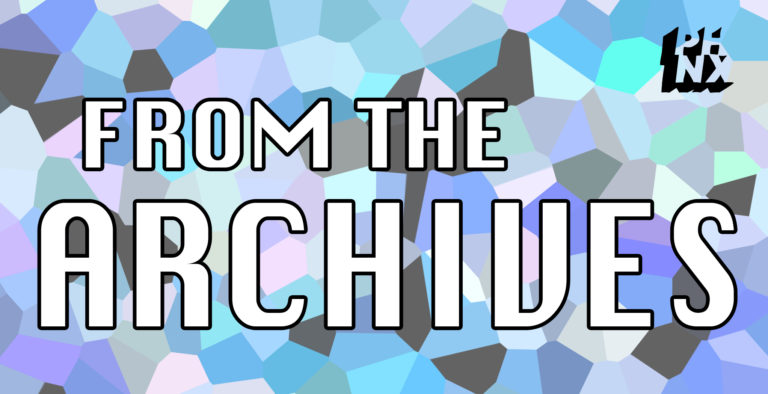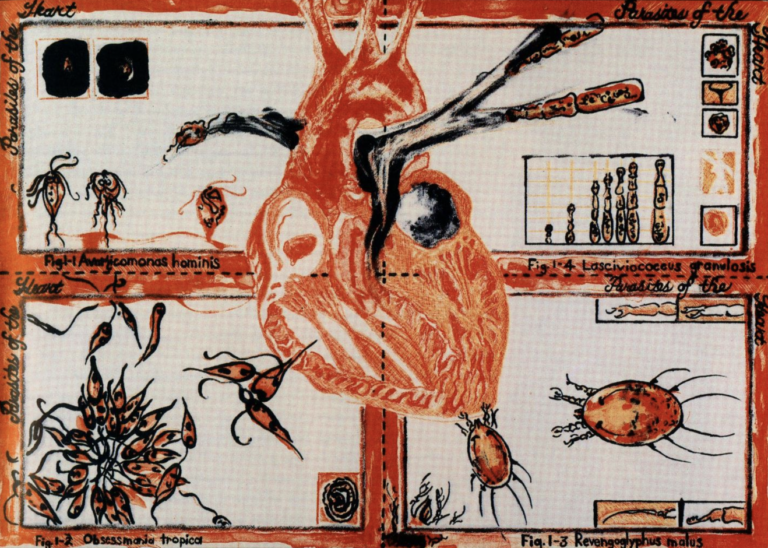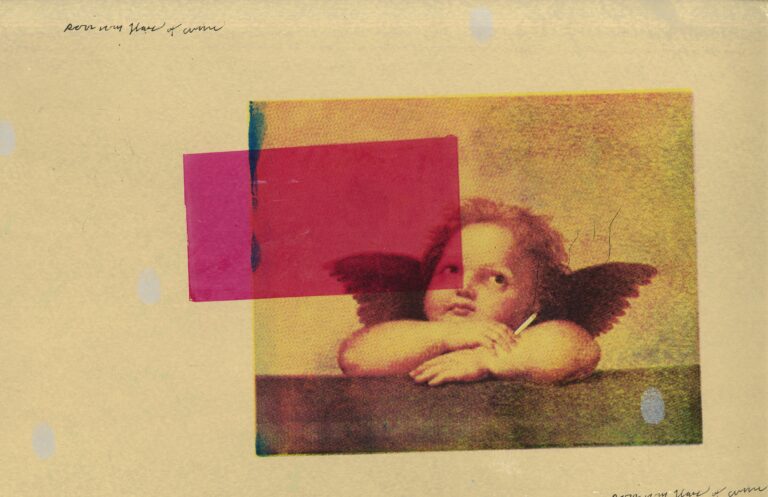By Ben Hurst
Amber Albritton epitomizes the nontraditional college student. She manages a loving relationship with her husband, three kids, and a full time class schedule with an unprecedented finesse. Amber has been a prominent part of the poetry and prose sections of the Phoenix over the last three issues, and we chose her most recent piece, “Code Switching: As Survival a Lexicon of Place,” to represent the prose section in our recent Fall 2019 issue. Amber talks about her childhood, the origins of her writing, and the shifting vernaculars which she manages to comprehend through her conversations with the students on campus.
“I am originally from Knoxville,” Amber said. “But I moved around a lot with my military father and my husband after I got married.” Amber’s family embodies the “American Dream” starting with her grandfather. “My great-grandfather was a sharecropper on my paternal great grandfather’s land and that’s where Mamaw and papa met,” Amber said. “My grandfather joined the navy and married my grandmother. After graduating from UT College of Medicine as an anesthesiologist.”
Amber grew up coming to the University of Tennessee with her father who took nursing classes in the what is now the Communications Building. “I was the oldest of three, and the best behaved, so he let me come with him to classes and he would introduce me to his professors.” He was a full time nursing student, a medical technician, and a father—something Amber remembers fondly. She uses the great memories from her childhood, like those visits to the University of Tennessee with her father, as the basis for many of her short stories.
Amber notes that she doesn’t have a good imagination, so she uses her past for her stories. “As Tim O’Brien writes about his military experience he and his soldiers in The Things They Carried, it’s really a conglomeration of experiences,” she said. Amber recalls from her childhood a potato, which was her only sustenance for the week, and it would later become a basis for one of her short stories. “My husband always says 'Do not let the truth get in the way of a good story', but in my case the truth is a good story,” she says in summation.
“When I was in second grade, I wrote a story about Ray Charles, and I was very brave walking home, so my dad said we could go get a treat a few weeks later—I had no idea that he had been saving money to afford it.” She remembers that she picked out a gilded page Webster’s dictionary and she decided that she was going to learn all of those words A-to-Z.
Amber notes that most of her inspiration for becoming a writer came from her seventh-grade teacher: Mrs. Brown. She recollects that Mrs. Brown prompted her writing by allowing her to submit a story late because she wanted Amber to create the best piece possible. Mrs. Brown stayed willingly in the computer lab after hours with Amber so she could “get her words right.” She also gave Amber Naomi Shihab Nye’s This Same Sky which Amber credits as one of the most paramount influences on her writing.
In answering some of the questions about “Code Switching”, she notes that she returned to her academic pursuits because keeping her mind active helps her overcome depression, or “blues” as she calls them.
“I realized that I was tired of the hardest challenge of my day being to do a load of laundry,” Amber said. “The students here help me speak with my kids in a vernacular that I don’t normally speak and that helps me maintain a pretty sweet relationship with my kids,” she notes. However, she does not shy away from using the language of her youth.
“These days, the language I use is the language of my youth, all of the sounds and noise I heard growing up that are still taking up space between my ears,” Amber said. “As [my children] are getting shoved out of the nest. I have begun thinking about the best way to raise my kids and the seeds I am planting between their ears.”
At school she has learned about an entirely new world of books and music from her classmates that she could not have anywhere else. “My favorite, favorite part about each of my classes are the reading lists,” she said. “They are so smartly curated you can’t get it anywhere else.”
Amber is a third-generation nontraditional student who has chosen to get her bachelor’s degree in English while she maintains a family. She uses the University of Tennessee’s great compilation of students and teachers to create an evolving dialogue that allows her to have a better relationship with her children. Amber relays the effect of shifting vernaculars in her most recent piece “Code Switching as Survival: A Lexicon of Place” which you can find in the Fall 2019 issue.






